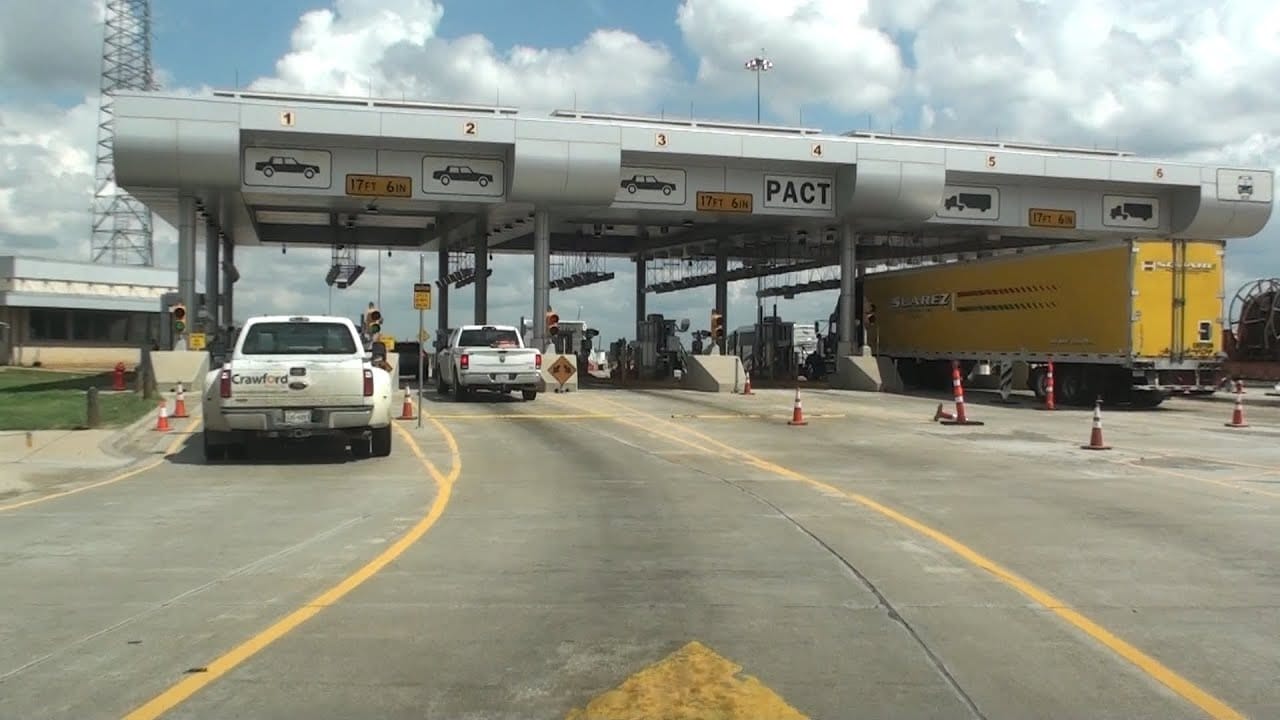The Chicago metropolitan area has recently experienced increased federal immigration enforcement efforts, as Border Patrol agents intensify their quest to apprehend undocumented individuals. Local political leaders and activists alike have expressed deep concern about the ramifications of these heightened arrests on the city’s diverse population. This Federal crackdown on immigration could have lasting consequences for both the Chicago area and the United States at large.
As federal immigration officers continue their efforts to apprehend undocumented individuals in the Chicago area, local communities and officials debate the implications of these actions. Notably, Chicago’s Immigration and Customs Enforcement offices have released a statement noting that they will be focusing primarily on the apprehension of criminals and individuals who pose a threat to national security.
The recent surge in immigration arrests in Chicago has sparked controversy and concern among various stakeholders. Supporters of the federal crackdown assert that such actions are critical in ensuring the security and safety of US citizens and preventing the influx of undocumented workers, who may take jobs away from legal residents. However, critics contend that these efforts amount to targeted harassment and fear-mongering, negatively impacting the lives of numerous families.
One of the primary concerns of anti-immigration enforcement activists is the potential economic impact of detaining and deporting a significant number of undocumented workers. Advocates for immigrants argue that such actions could adversely affect local businesses and industries that rely heavily on low-cost labor, particularly in sectors such as construction, hospitality, and agriculture.
Moreover, Chicago-area immigration attorney Robin B. Bernstein has pointed out potential legal consequences for families with undocumented members, accusing the US government of taking an increasingly radical approach, as previously undocumented individuals with outstanding warrants are being picked up alongside asylum seekers. Many have concerns that the profiling and targeting of immigrants will only lead to a further erode trust in law enforcement among minority groups.
Other critics argue that these immigration crackdowns contribute to a climate of fear and exclusion, resulting in a range of serious public health issues and mental health concerns, particularly among the city’s more vulnerable populations. Child development experts and mental health professionals alike have underlined the severe emotional and psychological trauma endured by children and families separated by immigration enforcement policies.
Yet, evaluating the benefits and detriments of federal immigration operations remains complicated, as local law enforcement officials face difficult decisions in balancing cooperation with federal agents against the potential perception of becoming complicit in human rights abuses.
While local authorities in Chicago continue weighing their options and strategies for mitigating adverse effects on their communities, the role of the city in the national immigration debate becomes increasingly apparent. As such, this episode represents a pivotal moment in Chicago’s experience with immigration policy, forcing diverse perspectives to confront the complex realities of federal crackdowns and the challenges of upholding both national security interests and humanitarian concerns.


